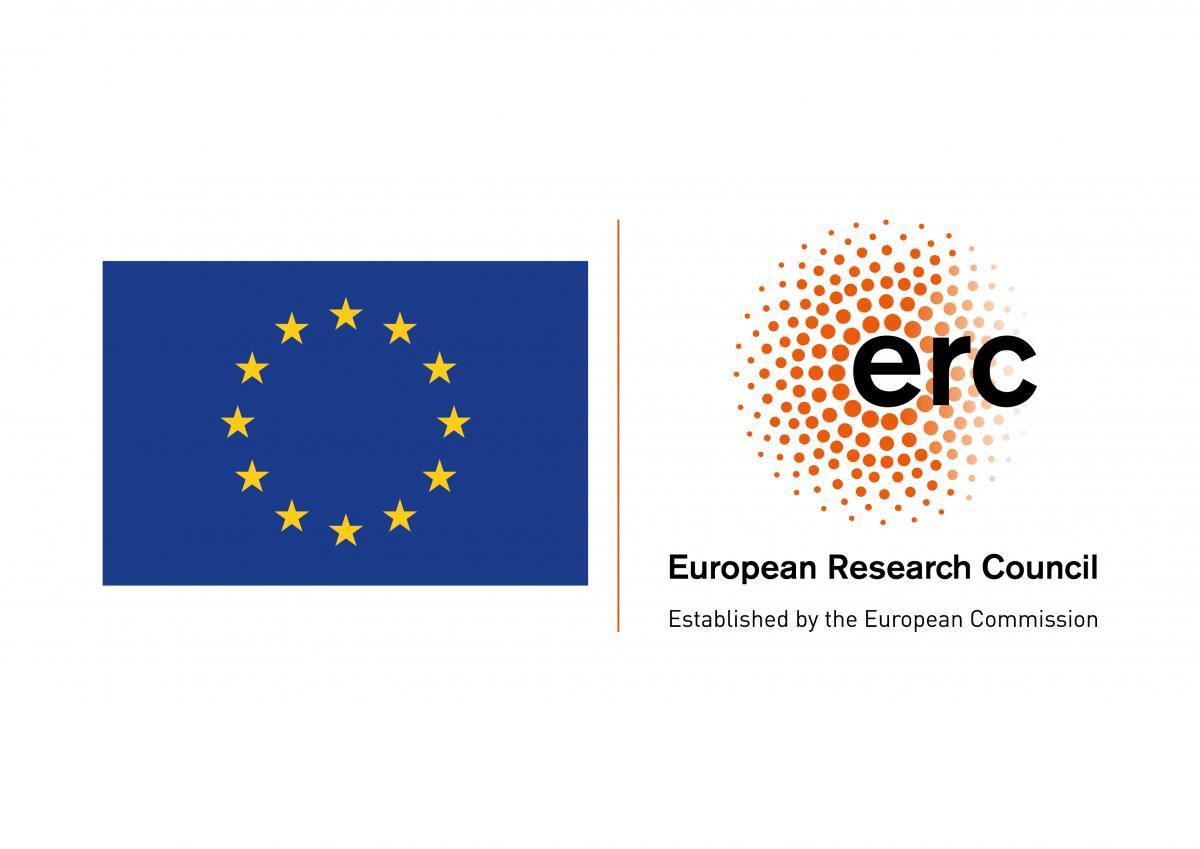Lossy Preprocessing (LOPRE)
UiB researcher Saket Saurabh has been awarded a prestigious ERC Consolidator Grant. In the project LOPRE, he and his team aim at revolutionizing the way we handle, utilize and compress big data.

Main content
Project summary:
"A critical component of computational processing of data sets is the 'preprocessing' or 'compression' step which is the computation of a \emph{succinct, sufficiently accurate} representation of the given data. Preprocessing is ubiquitous and a rigorous mathematical understanding of preprocessing algorithms is crucial in order to reason about and understand the limits of preprocessing.
Unfortunately, there is no mathematical framework to analyze and objectively compare two preprocessing routines while simultaneously taking into account 'all three dimensions':
- the efficiency of computing the succinct representation,
- the space required to store this representation, and
- the accuracy with which the original data is captured in the succinct representation.
The overarching goal of this proposal is the development of a mathematical framework for the rigorous analysis of preprocessing algorithms.
We will achieve the goal by designing new algorithmic techniques for preprocessing, developing a framework of analysis to make qualitative comparisons between various preprocessing routines based on the criteria above and by developing lower bound tools required to understand the limitations of preprocessing for concrete problems. This project will lift our understanding of algorithmic preprocessing to new heights and lead to a groundbreaking shift in the set of basic research questions attached to the study of preprocessing for specific problems. It will significantly advance the analysis of preprocessing and yield substantial technology transfer between adjacent subfields of computer science such as dynamic algorithms, streaming algorithms, property testing and graph theory."
(source: ERC website)
